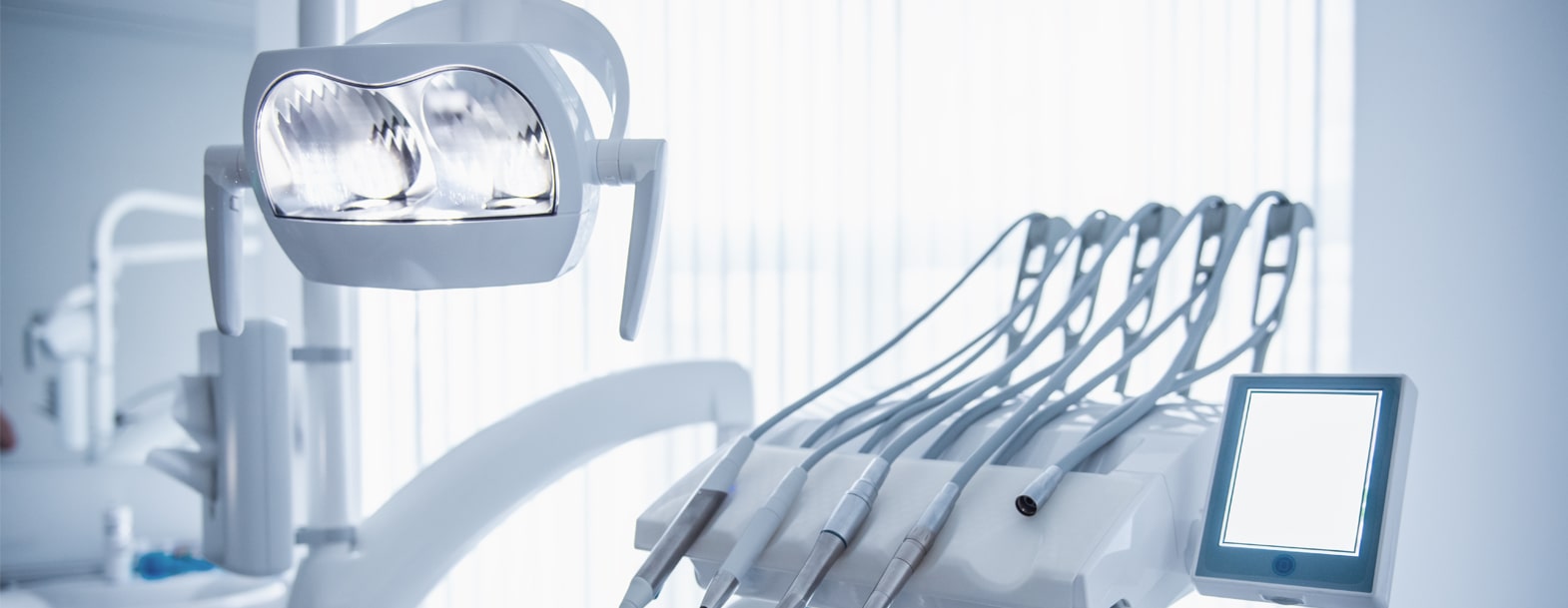Emergency Dental Guide
- Home
- /
- Blog
- /
- Dental Advice
- /
- Emergency Dental Guide
Learn about some of the common dental problems and what might constitute an emergency, alongside some tips to help from home
If you’re experiencing a dental issue and are unsure whether it requires urgent attention, we’re here to help. You can call us directly for advice, and if necessary, we’ll schedule you in for a prompt in-person consultation.
Knowing when to seek emergency dental care is important. Some problems require immediate treatment, while others can be managed until your next routine visit. Here’s how to tell the difference:
Fillings or cracked teeth causing discomfort can be temporarily filled with products available at supermarkets or pharmacies. However, consult your dentist before attempting this. Desensitizing toothpaste or anaesthetic gels can also help alleviate pain.
Most flare-ups can be managed with thorough home care. If you experience difficulty swallowing, swelling in your face or cheek, or trouble opening your mouth, contact your dentist.
Most ulcers heal within 7-10 days. Ensure excellent oral hygiene and use products like Difflam spray or mouthwash as needed. Denture adhesives may help if dentures cause ulcers.
Read our blog on ulcers for further information, here.
Take regular painkillers for up to seven days after an extraction. Some oozing is normal, but freely bleeding sockets require immediate attention.
Improving brushing habits can stop bleeding gums. Brush twice daily with fluoride toothpaste and clean between your teeth daily.
Consult your dentist for personalized advice. Temporary repair kits are available, but use them cautiously. Your dentist may offer guidance via video link or advise on whether it’s safe to leave the crown off until regular dental care resumes.
While these tips cover many issues, please contact your local practice if you’re unsure about anything. We’re here to help, even over the phone.

“Very friendly and welcoming. Brilliant service well recommended 👌”
“I recently joined this practice and have already had my initial review and my first filling. Both visits were handled with real professionalism and care. The staff are friendly and welcoming, and my dentist...”
“Just before going on a long anticipated holiday I had toothache and was frantic. I phoned the practice and the kindness and understanding of the staff was such a relief. I was seen that...”
“My dentist took great care over my repair, i thought. In fact i thought that she was quite excellent”
“Very professional and caring. I’m halfway through my dental implant and have received excellent treatment.”
“I broke a tooth on Sunday evening. I rang on Monday, not expecting to be seen for weeks as I wasn't in pain. Despite the practice being shorthanded I was seen on Friday morning...”
“My first appointment was an initial inspection. The dentist was polite and friendly and very helpful in explaining what he was doing and why as well as answering my questions. The whole experience was...”
Error: No feed with the ID 2 found.
Please go to the Instagram Feed settings page to create a feed.



